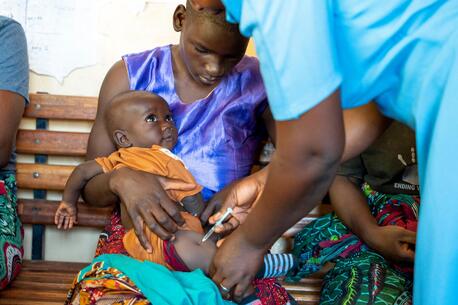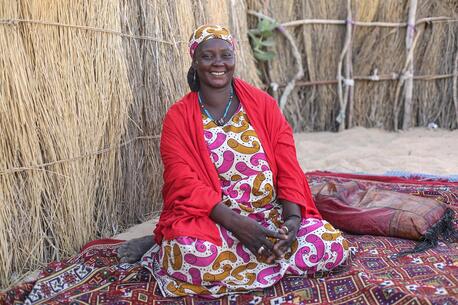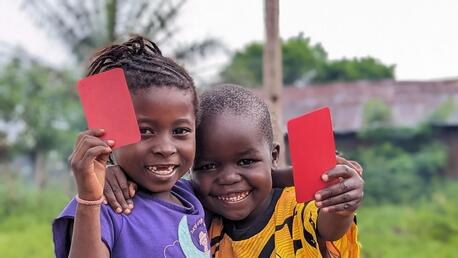Mixed feelings after a failed flight to the border
Casey Rotter is a development officer at the U.S. Fund for UNICEF. She is in Guatamala on a week-long field trip with members of UNICEF's Next Generation.
Yesterday we visited Hogar Nuestras Raices (Our Roots Home), a shelter for adolescent migrants. This was one of the hardest experiences of my life. We arrived at the same time as a group of kids were arriving at the shelter. They had just come from a four hour bus ride from Mexico, where they had been detained for being illegal immigrants. The shelter had arranged for their release and return home with help from UNICEF. We learned that most children at this shelter had left home to look for work in Mexico. The economic situation is so bad in Guatemala that often parents send their kids across the border to work and send money home. Other children leave to join their parents, who are already in Mexico (or the U.S.) for work. And then there are those who flee because their life at home in Guatemala was filled with abuse or empty with abandonment. The hardships they encounter looking for a better life are frightening. Travelling alone, so young, they are vulnerable to kidnapping, trafficking, drugs, sexual abuse and violence. So, you can probably imagine the severity and the somberness of the moment, as we walked into the shelter at the same time they did and experienced their orientation with them. "Welcome home" Natalia, the director of the center, said to the boys in the room. But there was so much sadness. They are there because they tried to leave and failed. Many of their parents will be disappointed by their return. Some can't wait to be reunited with their families, but others fear going home. There were some parents waiting outside to bring their boys home. But they must provide proof that they are the parents, and there is a two-day waiting period while the children undergo psychosocial support. They will tell their stories to social workers and psychiatrists (paid and trained by UNICEF). The shelter wants to ensure that they are being returned to a safe family. They also want better each child's situation so they won't flee again. When the director explained the process and the need for their parents to come and bring their birth certificates, one boy said, "But my parents are in America." The director promised to contact the boy's aunt. Another boy said, "I have no parents. My parents are dead." "We'll work with you" Natalia said. Their faces were so sad and defeated. As many of our Next Generation members members started to cry, we decided to leave the room. UNICEF Guatemala Officer Maria Claudia Santizo, who had joined us for the visit, said afterwards, "there was such heavy energy, we all felt something so powerful, too much sadness." But the shelter was also a sign of hope. It is the only shelter for adolescent migrants in all Guatemala, so they specialize in children's issues and work with each child individually. Without it, the group we met would have had nowhere to go. They'd be stuck at the border in horrible conditions and subjected to violence and danger. Once again Unicef gives children hope in a situation that had lost all signs of it.

